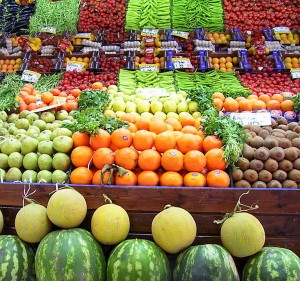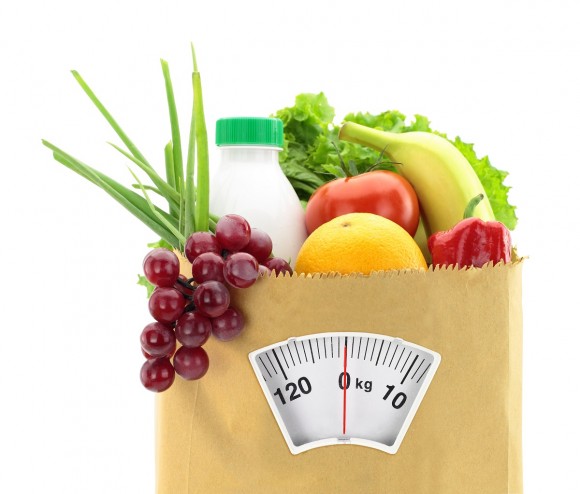There is no question that our lifestyles affect the way we eat. On a day-to-day basis, we are often rushing about trying to get things done and this can lead to insufficient time for preparing and cooking proper meals. It is vital that we make an effort to take control of our diets and do our best to make healthy food choices.
There are many factors which affect our physical form such as exercise but if you don’t have much time for exercise you must at least take time for your diet which will make a big difference in the way you feel and look. All it takes is small steps towards a healthier lifestyle and keeping the cravings away. Here are a few helpful tips to get you on track towards a simply healthier diet without starving yourself.
The Most Important Meal of the Day

First things first, start the day off on a healthy note by eating breakfast. Do you know why? Yes, it is the most important meal of the day. Many of us get into the terrible habit of skipping breakfast; well it is time to change the record. There are many health benefits to reap by eating breakfast. It can help prevent heart disease, improve your memory and cognitive function as well as assist you with weight loss. The best foods to include in your breakfast are whole grain cereals, eggs and fruit. A great way to ‘break your fast’ and start off the day!
Fruit and Veg – All colors of the rainbow

The foundation to any healthy diet is fruit and vegetables. They are low in calories and ooze vital vitamins, minerals, antioxidants and fibre that are essential to any healthy diet. We suggest the rainbow rule. What is this? Eat as many different colors of fruit and vegetables you can for maximum variety of nutrients. Green vegetables like lettuce, kale, broccoli and cabbage are full of iron calcium, magnesium and A, C, E and K vitamins. Try incorporating sweet vegetables to your diet like corn, carrots and sweet potato to avoid sweet cravings from other foods.
Moderation
Moderation and portion size control are key to maintaining a healthy diet. So, what do we mean by this? We mean eat less of the unhealthy stuff and more of the healthy. Do not eliminate foods that you love, rather eat less of them. Serve your meals on smaller plates to avoid the temptation of serving up larger portions. Instead of eating 3 large meals per day, try 5 or 6 smaller meals; this will help you avoid overeating when you become hungry.
Protein
If you find that you struggle with feeling hungry all the time try adding more protein rich foods to your diet, as this will naturally suppress your appetite and keep you full throughout the day. According to Dukan’s diet you can eat as much protein as you want without putting on weight! So make sure to add as much as fish, eggs, soya products, lean meat and yoghurt (preferably fat-free or low-fat) as possible.
These are some of the most basic and simple guidelines towards a healthier and more balanced diet. A few small steps can mean an awful lot. Best of luck!
Author Profile:Iveta Ivanova lives in Dublin and has many interests such as healthy way of living, spirituality and good food. Stress and childhood obesity are rapidly growing out of proportion. There are a number of ways to prevent them and encourage people to maintain a healthy weight and wellbeing, mainly through changing food habits.








